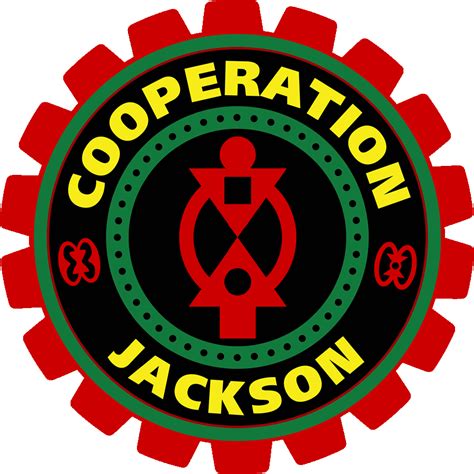As their city confronts a severe water crisis due to infrastructural collapse, Cooperation Jackson has issued an urgent fundraising appeal for their autonomous relief effort.
For decades, infrastructure in Jackson, Mississippi has been neglected, and Jackson residents have faced ongoing problems with water supplies and water safety issues for many years. This week, members of Cooperation Jackson have quickly mobilised to respond to a serious water crisis, coordinating relief efforts in Jackson after catastrophic flooding and a critical failure of the pumps at the city’s main water treatment plant.
The disaster has not come out of the blue. Chokwe Lumumba, the Mayor of Jackson, commented that it was not a question of “if our system would fail, but a matter of when our system would fail.”
A state of emergency has been declared and the National Guard has been deployed to supply drinking water in the city, but as Mississippi Governor Tate Reeves said, “there isn’t enough water to flush toilets or even fight fires”. Other state authorities have said simply that the city will not have reliable drinking water “for the foreseeable future”.
Meanwhile, Cooperation Jackson has issued an appeal for funds for their autonomous effort to support people who lack housing, elderly people, and those with limited transportation in the community of West Jackson.
The city’s “antiquated and decaying infrastructure” is only one of the legacies of underinvestment and neglect. Mississippi is the poorest state in the US, and the City of Jackson is one of the poorest cities in the country. The population of Jackson is 85% African American, and intersecting, long-term consequences of structural racism and effects of an extractive growth economy are important factors in the economic and environmental problems that many residents encounter in their daily lives.
Cooperation Jackson’s response is to work on a “long-term strategy of coordinated social action led by working people”, particularly responding to the needs of Black and Latino communities. But, as can be seen in the context of the current water crisis, this also involves the need to help respond to acute crises and immediate unmet economic and social needs faced by people with poor access to jobs, living wages, food, healthcare and housing.
Cooperation Jackson was established in 2014 as a radical experiment in political and economic liberation focused on the community of West Jackson, but it has deep roots and wide networks. It is an outgrowth of the Jackson-Kush Plan, a programme for enacting grassroots transformation across a span of Black majority counties with contiguous borders across four Southern states. Cooperation Jackson built on the knowledge, experiences and lessons not only from the rich history of the Black Liberation Movement in the US, but from people’s struggles for social liberation and self-determination around the world.
Based on the principle that ‘political self-determination is not possible without economic self-determination’, Cooperation Jackson’s strategy is to build a base of autonomous power in Mississippi for achieving both. This involves fostering learning about economic democracy, solidarity economies and the principles of cooperatives; providing practical support and training to manage cooperative enterprises; creating and connecting cooperative enterprises and institutions; and supporting social movements that struggle for economic justice and democracy.
Among the cooperatives in the growing network are Freedom Farms Cooperative and The Green Team Landscaping Coop. Cooperation Jackson developed the Fannie Lou Hamer Community Land Trust, which currently supports over 40 properties, as a means of defending and fostering Black land stewardship in West Jackson against a rising tide of gentrification and dispossession by removing properties from the speculative market.
Through this work, Cooperation Jackson is showing how the transformation of society can be built on principles of cooperation, sharing, mutual support and democracy. Cooperation Jackson responds to a specific context – the long-term poverty and deprivation faced by people in the city – but aims to inspire and learn from others. The group has worked hard to build national and international networks, and organised visits overseas to share learning. This points to a key ingredient in commoning – nurturing solidarities and sharing knowledge and ideas across diverse networks of practice.
As well as this long-term work, the rapid response to the current water crisis shows the importance of a coordinated mutual aid effort. The relationships and networks that Cooperation Jackson has worked to create, over years and decades, are able to mobilise quickly in a crisis. Cooperation Jackson is an example in practice of what we mean when we say that better futures are not only possible, but also already exist in-the-making.
You can support Cooperation Jackson’s relief efforts for the water crisis by donating to them via their fundraising page.
